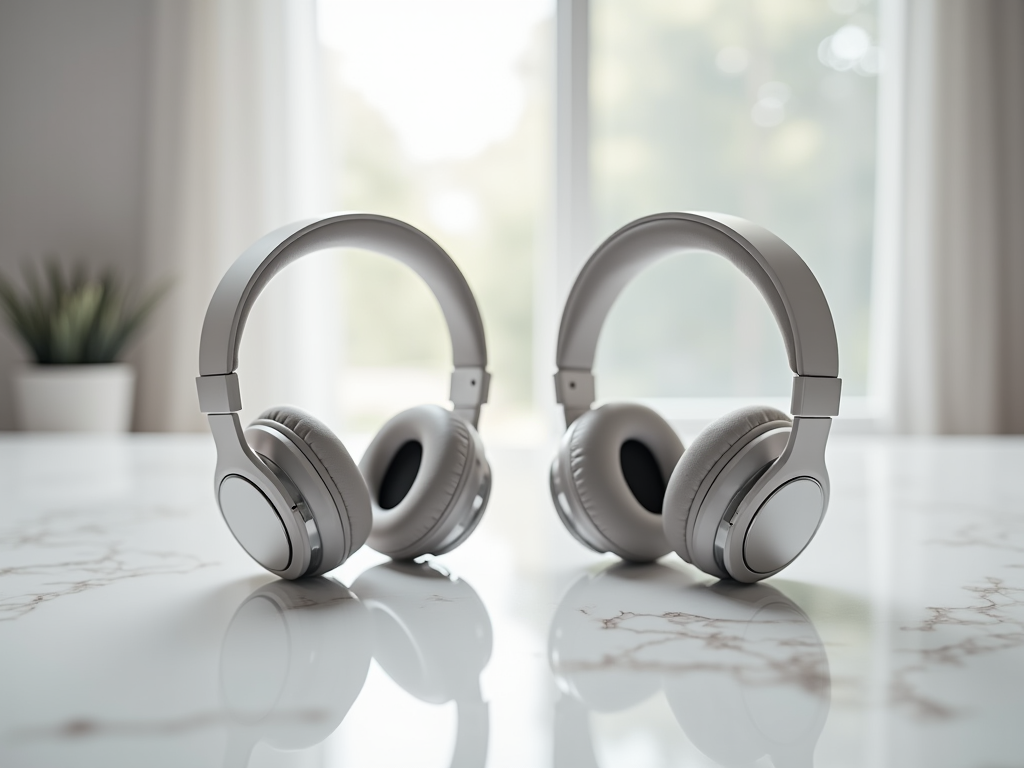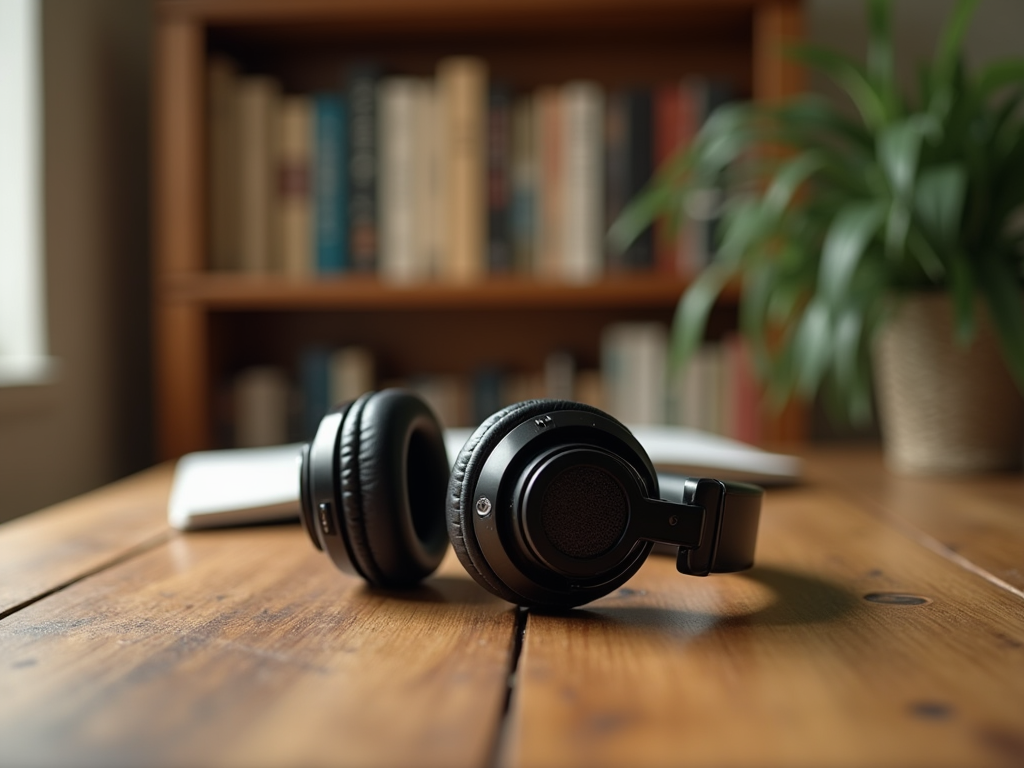Choosing the right pair of headphones is more than just a casual decision; it can significantly influence your audio experience. Whether you’re an audiophile who craves the purity of sound or a gamer who needs precision, the type of headphones you select plays a crucial role in delivering the desired performance. In the realm of headphone technology, open-back and closed headphones each have unique characteristics that cater to different listening needs. Understanding their differences can help you make an informed choice that enhances your enjoyment of music, movies, or gaming. So, let’s dive into the world of headphone designs and discover what sets them apart.
Open-back headphones are designed with a vented earcup that allows air and sound to pass through. This design fosters a natural and spacious listening experience. They excel in providing a lifelike sound with a wider soundstage, making them a go-to for critical listening in controlled environments. On the other hand, closed headphones are built to isolate sound using solid earcups, minimizing outside noise and preventing sound leakage. This makes them particularly effective for quiet environments or when you need to block out distractions.
Understanding Headphone Types

At first glance, the decision between open and closed headphones may seem trivial. However, diving deeper reveals that the choice can impact your audio journey significantly. Unlike their closed counterparts, open-back headphones allow sound to escape, creating a more authentic listening experience. They are popular in studio settings and for home audiophiles. Closed headphones, however, are preferred for their versatility and noise isolation, making them suitable for various environments, from commuting to studio recording.
Key Differences Between Open-back and Closed Headphones

Sound Isolation
Sound isolation varies considerably between open-back and closed headphones. With open-back models, users can enjoy a wider soundstage, but they sacrifice noise isolation. This feature can be beneficial for audiophiles listening in quiet spaces but could be a drawback in noisy environments. Closed headphones, conversely, provide excellent sound isolation. This makes them ideal for those who commute or work in bustling environments.
| Feature | Open-back Headphones | Closed Headphones |
|---|---|---|
| Soundstage | Wide and immersive | Narrower |
| Noise Isolation | Poor | Excellent |
| Portability | Less portable | Highly portable |
Sound Quality and Characteristics
When it comes to sound quality, open-back headphones often take the lead. Their unique design allows for a more authentic and enriched audio experience, perfect for critical listening or enjoying subtle nuances in music. They excel in delivering airy vocals and clear highs, making them well-suited for genres like classical and jazz. Conversely, closed headphones tend to have a more focused sound, which some users prefer for genres that require deep bass and impact.
Pros and Cons of Open-back Headphones
- Advantages
- More natural sound reproduction
- Wider soundstage
- Lightweight and comfortable
- Disadvantages
- Poor noise isolation
- Sound leakage
- Less portable
Pros and Cons of Closed Headphones
- Advantages
- Excellent noise isolation
- Ideal for on-the-go use
- Versatile for various playback devices
- Disadvantages
- Limited soundstage
- Heat retention can cause discomfort
- Sound quality can vary widely
Conclusion
In the end, the choice between open-back and closed headphones boils down to personal preference and intended use. Open-back headphones shine in controlled environments where sound quality and realism are paramount. Meanwhile, closed headphones cater to those who prioritize portability and noise isolation. Consider your surroundings and audio needs when making this pivotal decision, as the right headphones can transform your listening experience.
Frequently Asked Questions
- What are the main benefits of open-back headphones? Open-back headphones provide a more natural sound experience and broader soundstage, making them ideal for critical listening in quiet environments.
- Are closed headphones better for gaming? Yes, closed headphones are generally preferred for gaming due to their superior noise isolation, which helps to block out external sounds.
- Can I use open-back headphones in a noisy environment? It’s not recommended, as open-back headphones allow ambient noise to enter, making it difficult to focus on your audio.
- Do closed headphones cause ear fatigue? Some closed headphones can cause ear fatigue due to their design trapping heat and sound. However, many models offer improved comfort features to mitigate this.
- Which type of headphones is best for studio recording? Closed headphones are typically favored for studio recording, as they provide sound isolation necessary for monitoring without external interference.
